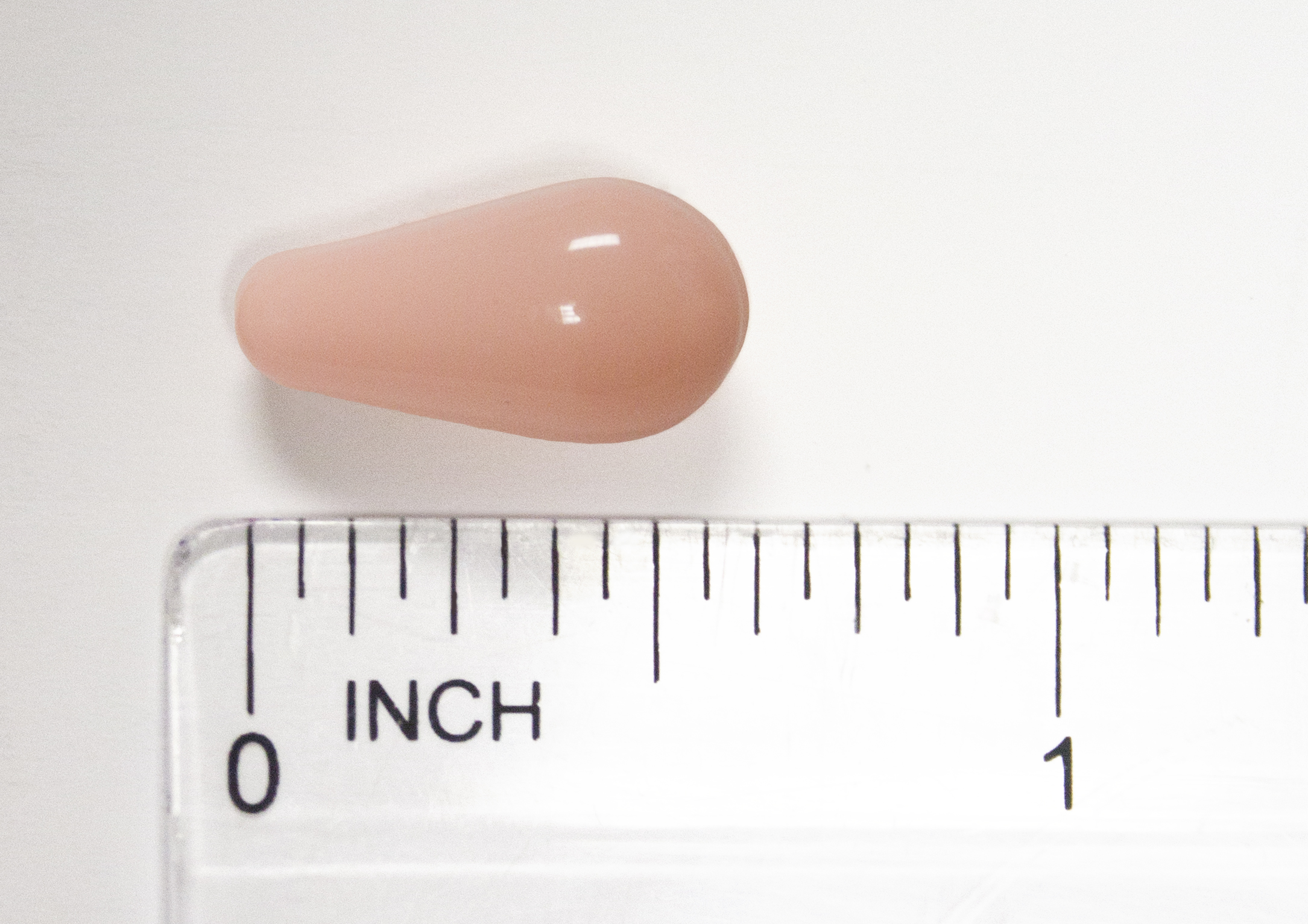Sex After Menopause
January 04, 2016
New local estrogen therapy shows promise in helping to alleviate painful intercourse
 Sheryl Kingsberg, MD
Sheryl Kingsberg, MDUniversity Hospitals psychologist Sheryl Kingsberg, PhD, Division Director, Behavioral Medicine; Co-Director, Sexual Function and Vulvovaginal Health Program; UH Case Medical Center, and Professor of Reproductive Biology and Psychiatry, Case Western Reserve University School of Medicine, has been talking about sex – specifically, the sexual experiences of postmenopausal women – for more than 15 years. The time is long overdue for the topic to shed its taboo status, she says, and for health care providers to step up and help this patient population address and treat their sexual problems.
“It remains a stigma and a stereotype that postmenopausal women are not interested in healthy sexual function, but that couldn't be farther from the truth,” says Dr. Kingsberg, Director of the Division of Behavioral Medicine and Co-director of the Sexual Function and Vulvovaginal Health Program at UH Case Medical Center. “Women well into their 70s and 80s would like to remain healthy and sexually active.”
In 2013, Dr. Kingsberg and her colleagues conducted an online survey of more than 3,000 postmenopausal women. Nearly 60 percent reported vulvar and vaginal atrophy (VVA)
The vast majority of women, about 93 percent, failed to get treatment due to embarrassment about discussing the problem, negative attitudes about therapy, and lack of knowledge about VVA and its treatment.
Earlier this year, in 2015, she and colleagues designed focus group discussions to better understand how women perceived VVA. The 38 study participants described their experience of painful sex (dyspareunia), including likening it to a sharp pain, “like being stabbed with a knife” said one participant. “This is severe pain, this is defeating, this is life-changing, this has no end in sight,” another participant reported.
Kingsberg found that women tend to think of VVA as a sexual issue instead of a medical problem, and therefore don't report it when asked about their current symptoms or medical histories. Many women in the focus groups reported that the topic was too embarrassing and sensitive to discuss with their gynecologists or primary care providers, and most health care providers fail to initiate the conversation, possibly out of their own discomfort with the topic. On the other hand, women who received treatments for the condition said they felt more empowered and had actively sought medical providers who could help them.
“There is a huge disconnect between women who could be effectively treated and those who are actually getting treated,” says Dr. Kingsberg. “Part of that disconnect is the lack of discussion between women and their health care providers.”
In 2014, the pharmaceutical company TherapeuticsMD approached Dr. Kingsberg about working on clinical trials for TX-004HR in VagiCap™, a local estrogen treatment in development to assess its safety and efficacy compared to placebo in reducing the severity of painful intercourse and improving physiological signs of VVA.
VagiCap™, a topical estrogen therapy, is showing promise in relieving vulvovaginal atrophy symptoms for postmenopausal study participants.

“Local estrogens are great across the board,” says Dr. Kingsberg. “The estrogen can be delivered by a vaginal pill, vaginal cream, an inserted ring and in the case of VagiCap, as a small softgel ovule not requiring an applicator.” In addition, she says, the other non-estrogen ingredients in VagiCap also work as a lubricant. “Patients get the immediate lubrication and moisturizing effect, then the estrogen actually restores the tissue.”
A phase III trial of VagiCap was completed in summer 2015, and Dr. Kingsberg anticipates that the results will be released later this year. The treatment has not yet been evaluated by the U.S. Food and Drug Administration (FDA).
According to Dr. Kingsberg, the landscape of addressing the sexual dysfunction of women is changing – finally. Earlier this year, she testified before the FDA on behalf of flibanserin (Addyi), a drug for the treatment of low sexual desire in women. In August 2015, the drug became the first approved for the treatment of sexual dysfunction in women and has been available since October 2015. Although that condition differs from dyspareunia, Dr. Kingsberg thinks the approval signifies a sea change, and people are finally starting to talk openly about women's sexual well-being.
“It was a huge step forward in women's health,” she says. “The idea that dyspareunia has been recognized as having a tremendous negative impact on women's lives – and the importance of treating it – has been helped by that approval. I hope that our society’s views on a woman’s right to healthy sexuality is changing.”
Contact Sheryl Kingsberg at Sheryl.Kingsberg@UHhospitals.org.
Tags:


